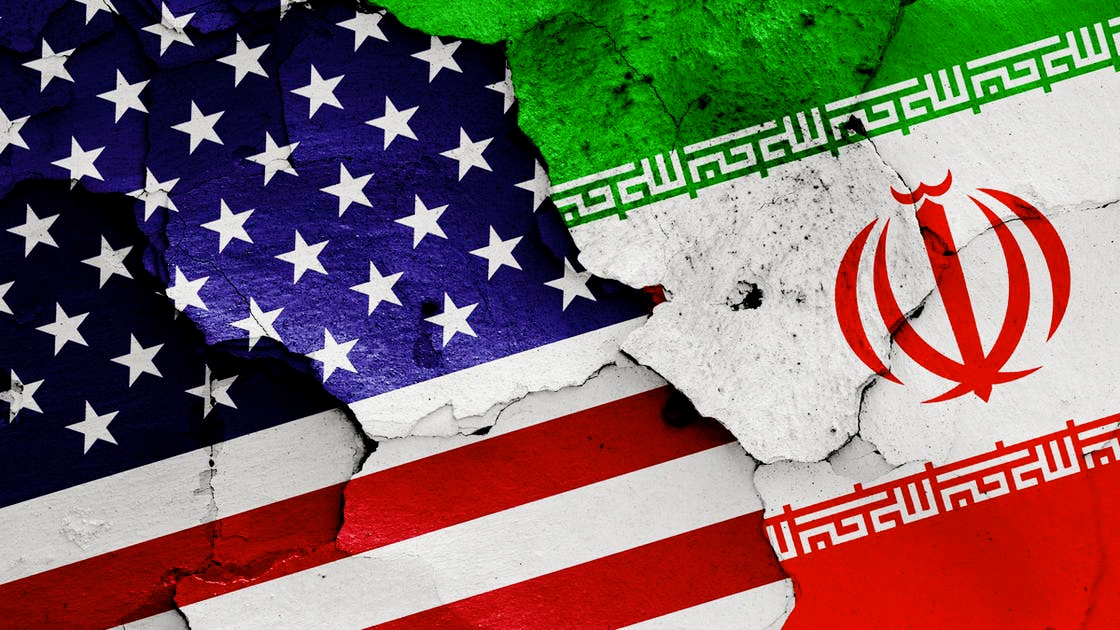Three sources revealed to Axios that US Secretary of State Mike Pompeo, during a phone call on Monday, agreed with the foreign ministers of France, Germany, and the United Kingdom to give Iran a deadline that ends by the end of August 2025 to reach a new nuclear agreement.
If the negotiations fail, the three European countries intend to activate the "snapback mechanism," which automatically reimposes all the UN Security Council sanctions that were lifted under the 2015 nuclear deal.
French Foreign Minister Jean-Noel Baro stated upon his arrival at the EU foreign ministers' meeting in Brussels that France and its European partners have the full right to reimpose the global ban on arms exports, banking services, and nuclear-related equipment if Tehran does not provide clear and verifiable commitments regarding its nuclear program.
He emphasized that this action will be taken before the end of August if those conditions are not met.
Baro also called for the return of International Atomic Energy Agency inspectors to Iranian nuclear facilities and stressed the importance of resuming the diplomatic path to reach a comprehensive settlement that regulates Iran's nuclear and missile programs.
The nuclear agreement, known as the Joint Comprehensive Plan of Action, was signed in 2015 between Iran and the United States, France, the United Kingdom, Germany, Russia, and China, after a crisis that lasted since 2002 due to Western accusations against Tehran of seeking to develop nuclear weapons.
However, the United States withdrew from the agreement in 2018 during the presidency of Donald Trump, who reimposed comprehensive sanctions on Iran. In 2020, Tehran responded by reducing its commitments under the agreement and restricting the entry of international inspectors.
Negotiations to revive the agreement held in Vienna between 2021 and 2022 failed to produce tangible results. After Trump's return to the White House at the beginning of 2025, he signed an executive order reinstating the policy of "maximum pressure" against Iran.
Despite five rounds of talks between the American and Iranian sides during April and May of last year, those talks were suspended due to Israeli military escalation against Iran, followed by a US strike targeting nuclear facilities inside the country.
As the deadline approaches in August, international pressure on Tehran is increasing to provide serious guarantees amid tense atmospheres and shadows of military escalation on the horizon that may bring Iran's nuclear file back to the forefront of global tension.

